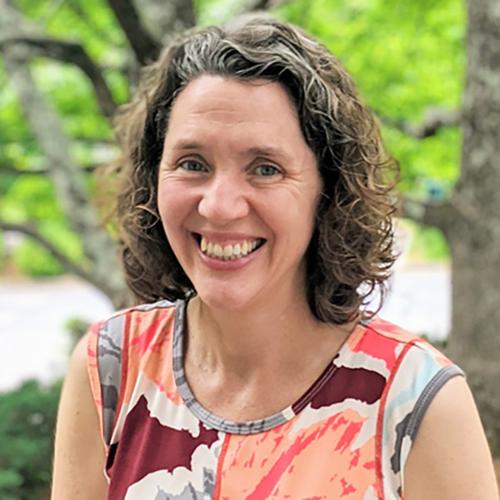Undergraduate Research
Undergraduate Research Opportunities
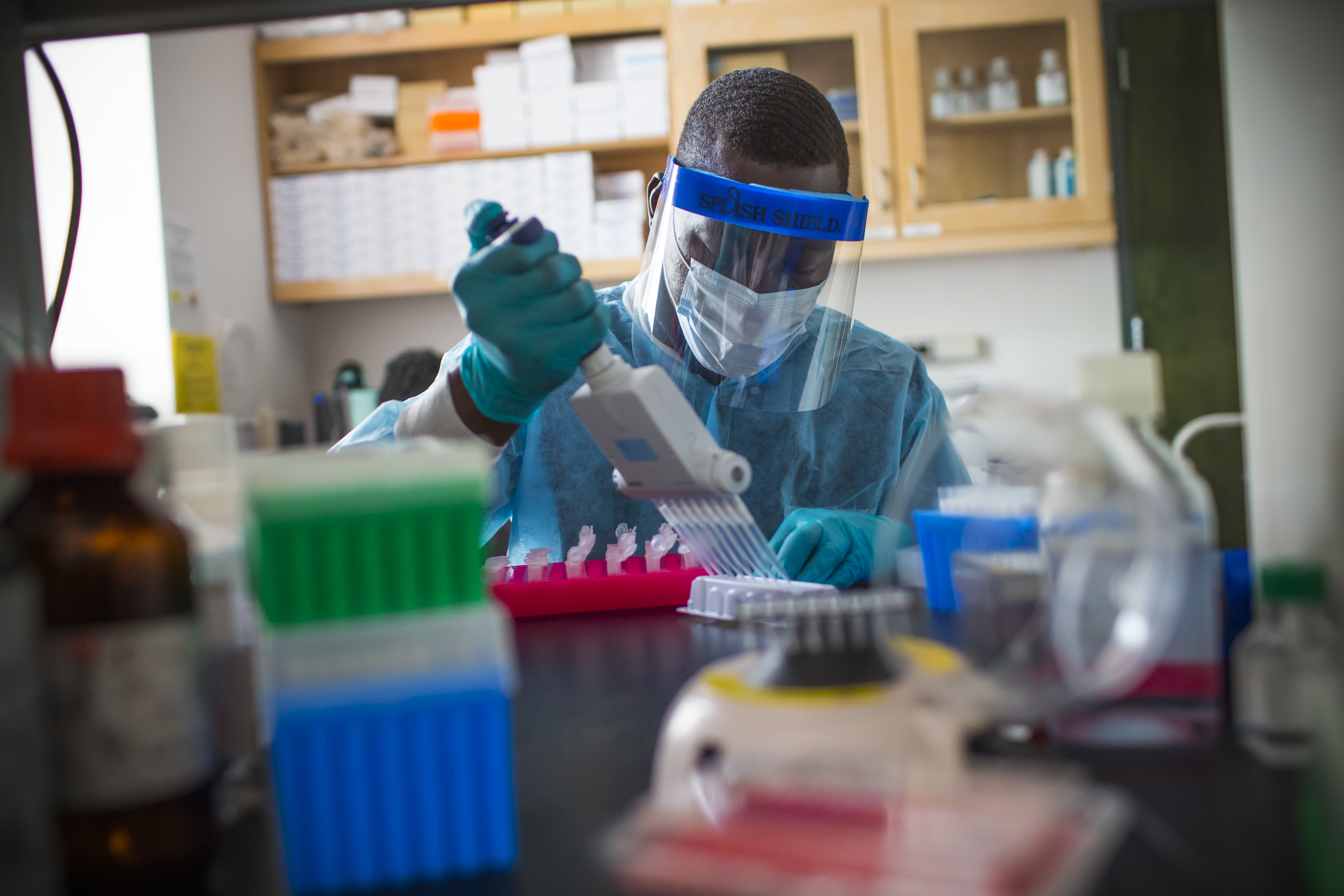
INDEPENDENT RESEARCH FOR CREDIT
(BIOL 499R)
The Undergraduate Research Program in Biology provides an opportunity to learn the process of science, and thereby apply knowledge gained in classes. Students work under the direction of a faculty member engaged in biological research for at least two semesters, for 4 credit hours each semester. Biology 499R is not offered in the summer.
You may take Biology 499R for multiple semesters, but Biology 499R may be used to satisfy only one elective and an upper-level lab towards the Biology major after successful completion of the second semester of Biology 499R. You are expected to identify a research mentor prior to registering for Biology 499R. See the information on getting started in undergraduate research, above, for suggestions on how to find a mentor.
Students must complete a registration form and mentors must verify their commitments to students prior to enrollment for the course, which requires a permission number.
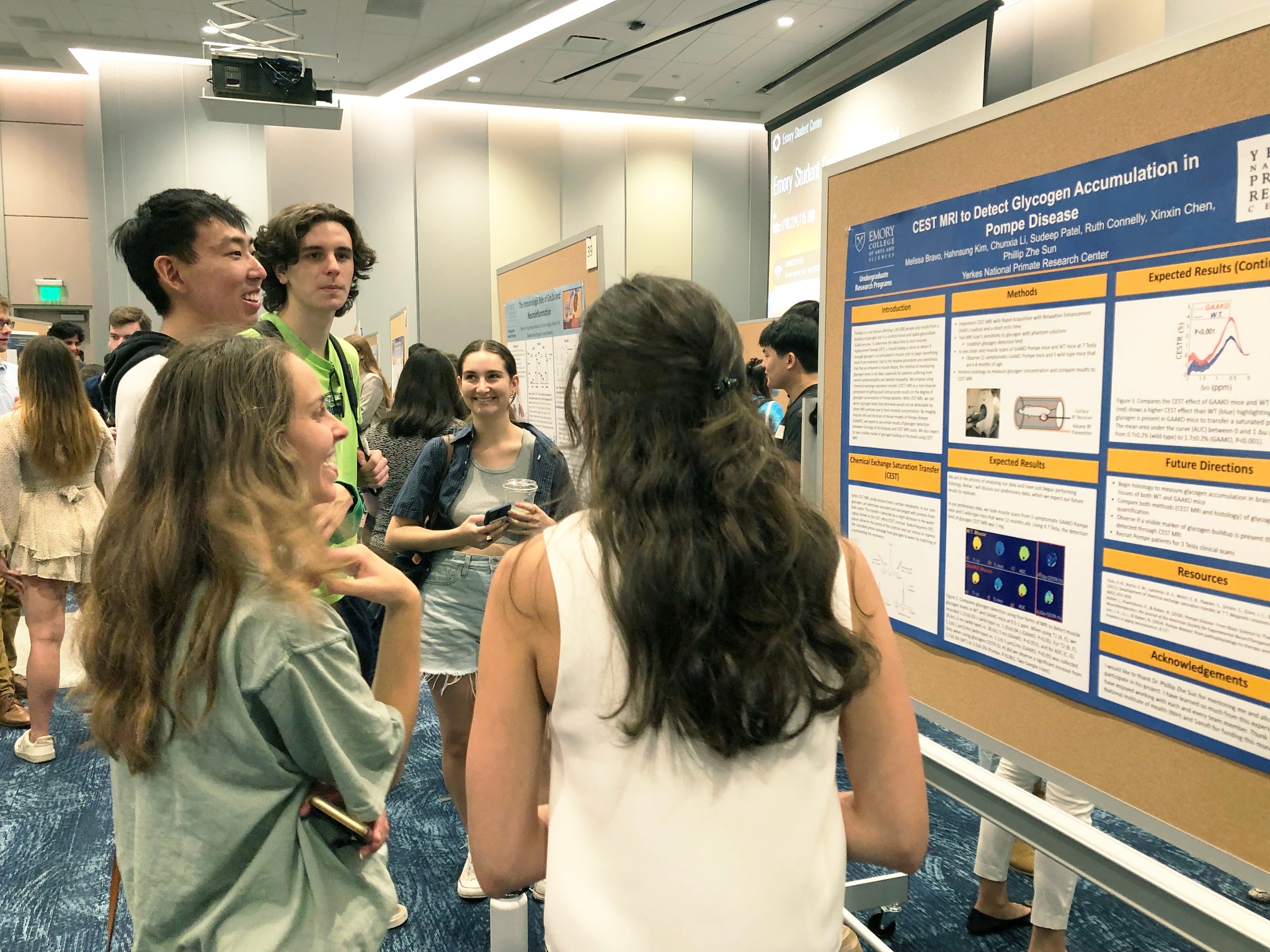
HONORS RESEARCH
(BIOL 495R)
For Honors, the Biology Department requires a 3.5 Biology GPA by the end of the last academic year before you begin honors (calculated using all courses taken/required for biology major (if extra courses have been taken, use the courses with the highest grades), including up to 8 hours of Biol 499R and not including Biol 497R). The College also requires a 3.5 cumulative GPA (calculated from all—and only—courses taken at Emory/Oxford) by the end of the last academic year before you begin honors.
Levels of Honors
- Honors(cum laude) represents satisfactory completion of the program, with an overall average of 3.50.
- High Honors(magna cum laude) represents completion of the program with outstanding performance, including an overall average of 3.50 and a thesis of quality sufficient for oral presentation to scholars in the candidate's field.
- Highest Honors(summa cum laude) represents completion of the program with exceptional performance, including an overall average of 3.50 and a thesis of a quality suitable for publication.
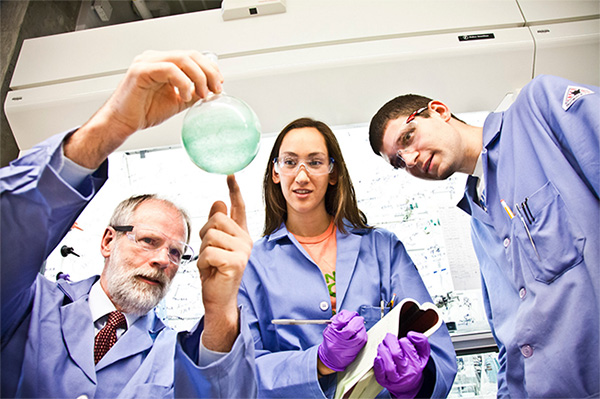
SUMMER UNDERGRADUATE RESEARCH EXPERIENCE
(SURE Program)
The SURE program is a ten-week summer program during which undergraduate research fellows conduct full-time independent research under the direction of a faculty mentor. Summer researchers receive a housing award for residence on the Emory campus and a stipend to support their full-time attention to research training and professional development. Student researchers benefit from hands-on research, mentorship, networking opportunities, and graduate school preparation. SURE provides an opportunity for students to discuss research and start building their professional network with world-renowned researchers and the best and brightest peers from Emory and other institutions.
This program is highly selective, and you must work with an identified mentor to write a research proposal for your application. Applications are due near the very beginning of the spring semester.
This program is managed by the Office of Undergraduate Research.
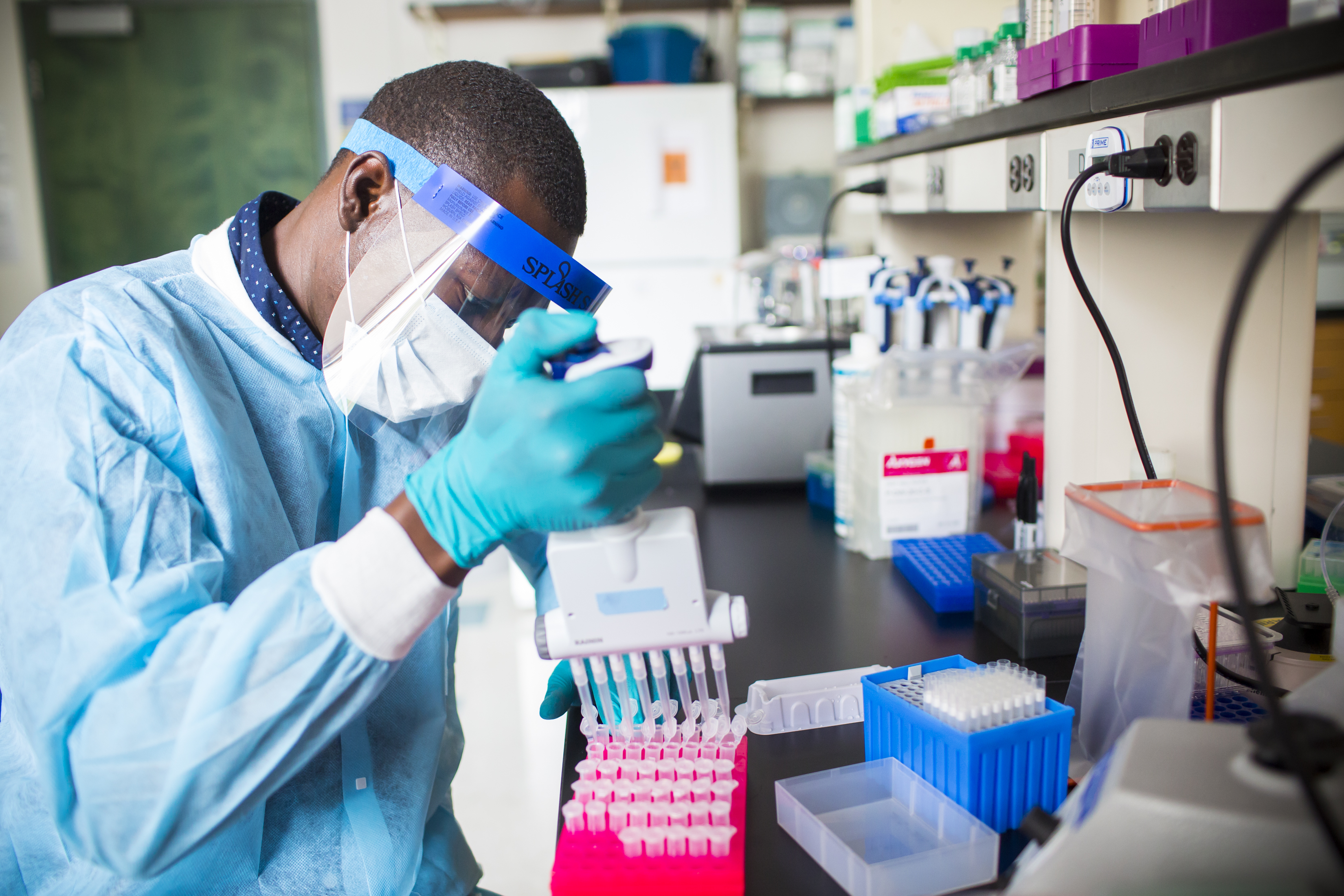
Scholarly Inquiry and Research Experience
(SIRE Program)
The Scholarly Inquiry and Research Experience (SIRE) Program (Formerly Research Partners Program) is a hands-on research experience designed for undergraduate students who are entering research for the first time. Students in the humanities, arts, social sciences, and sciences are connected with faculty mentors who are seeking research assistants. You can receive credit or, if eligible, be paid through work-study. The program is available to rising second and third-year students. Students do not need previous research experience and do not need to have identified a research mentor in advance. The application for the program is typically in May.
This program is managed by the Office of Undergraduate Research.

PETIT UNDERGRADUATE SCHOLAR PROGRAM
The application process for Petit Scholars opens in August and ends in September.
Program Outline
- Once selected to participate in the year-long program, scholars are matched with a research project from a list submitted by prospective graduate/postdoc mentors.
- Scholars will conduct research beginning in the following spring semester while taking their regular coursework. During this time, they acquire the necessary skills and training needed to develop their research projects and chart their course for the upcoming year.
- In the summer semester, scholars conduct their research full-time (40 hours/week) immersing themselves in the research, integrating into the research group, and attending group meetings and other lab activities.
- When classes resume in the final fall semester, the scholars continue their research to develop results to present at the end-of-year poster session and celebration in December.
